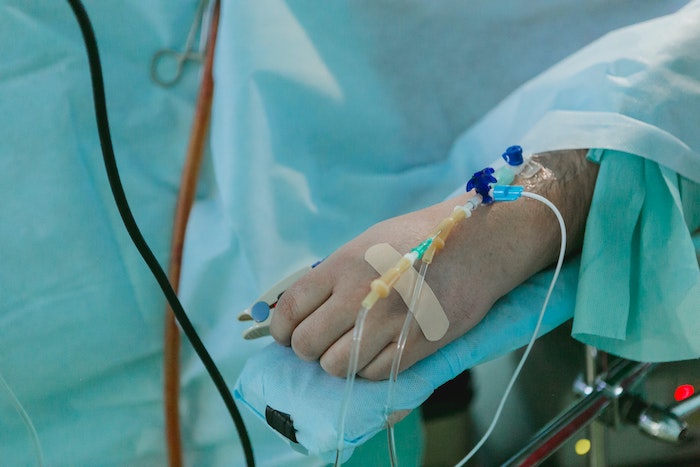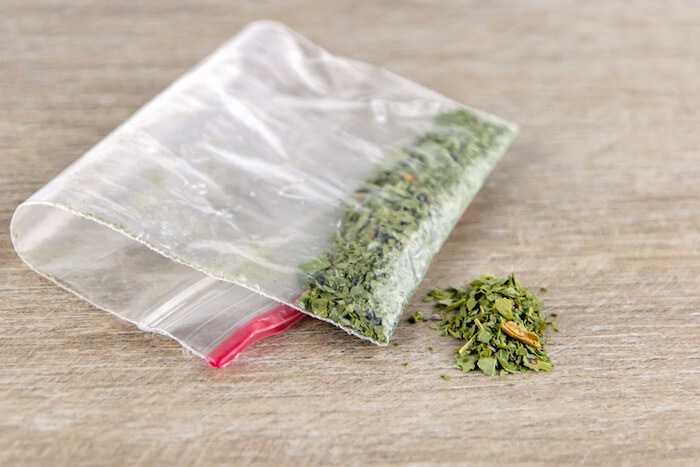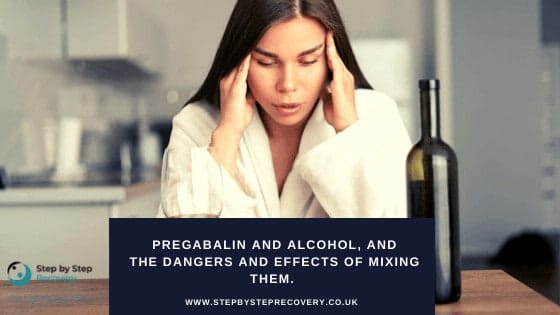Not all substance abuse carries the same risk of overdose, although all types of substance abuse are likely to cause long-term harm. Understanding what causes an overdose and how to recognise the signs can be critical if you or someone you care about is struggling with substance use disorder (SUD).
What Is an Overdose?
An overdose occurs when the body receives too much of a foreign substance or combination of substances, these could include illicit or prescription drugs and alcohol. Overdoses are potentially fatal unless medical treatment is provided immediately. There are various ways in which the body reacts to an overdose. However, the most common cause of death is respiratory failure.
While most drugs come with the risk of overdose, respiratory failure is often associated with a group of drugs known as “depressants”. They are given this name due to the way they work on the brain and central nervous system.
Depressant Overdose
Depressants work by increasing the activity of gamma-aminobutyric acid (GABA), a chemical that interferes with brain activity. This causes drowsiness and produces sedating and relaxing effects that aid in treating sleep disorders. Central Nervous System (CNS) depressants include alcohol, opioids, tranquillisers and hypnotics. CNS depressants can also dramatically slow down your heart rate and breathing, which is why they are often used to alleviate symptoms of anxiety. However, increasing the dose or abusing these drugs can lead to adverse side effects, such as respiratory failure, overdose, coma and even death.
Opioid Overdose
Opioid drugs have the highest rate of overdose over any other legal or illicit substances worldwide. Opioid receptors can be found in various areas of the body, such as the brain, gastrointestinal tract and central nervous system. Once an opioid has been ingested, these receptors are activated and the body begins to slow down. When opioids are abused and taken in excess, these receptors become blocked and cannot perform vital functions, such as regulating breathing and body temperature. Breathing can slow down until it stops completely, often resulting in death.
The severity of an overdose depends on the opioid used. Opioid overdose can occur with heroin and synthetic opioids such as fentanyl. Medicine overdose can also result from pain killers bought over the counter (OTC) or prescribed, including codeine and morphine. Due to their potency and availability, opioids are considered the substance with the highest risk of abuse.
Common symptoms of an opioid overdose include:
- Shallow breathing
- Gasping
- Pale or clammy skin
- Blue tint to the lips and fingertips
- Dilated pupils
- Weak pulse
- Delirium
- Low blood pressure
- Confusion
- Seizures
- Nausea and vomiting
- Drowsiness
- Slurred speech
- Slack muscles
- Coma
What to Do If You Suspect an Opioid Overdose
Responding fast is critical. Even if you are unsure if you or someone you care about is experiencing an overdose, if there are symptoms present, then you should always call your emergency services immediately for assistance. Early intervention with naloxone, a drug that can reverse the effects of opioid drugs, such as heroin and fentanyl, is key to preventing death from an opioid overdose.
Alcohol Overdose
Alcohol is the most commonly abused substance and overdose is most commonly referred to as alcohol poisoning and occurs when the liver can’t safely process the alcohol that has been consumed. This is typically due to the amount of alcohol drunk within a short space of time and results in too much alcohol in your blood.
Symptoms of alcohol poisoning include:
- bluish or pale skin
- clammy skin
- mental confusion
- slurred speech
- passing out and being unresponsive
- vomiting
Age, gender, weight, health conditions, alcohol consumption, and tolerance are the most common risk factors that influence your chances of having an alcohol overdose.
What to Do If You Suspect an Alcohol Overdose
Do not underestimate the risk of an alcohol overdose or alcohol poisoning. Without medical intervention, coma, permanent brain damage, and death can result and if you experience or witness symptoms in another person, call your emergency services. Leaving someone who has passed out to “sleep it off” is extremely dangerous as symptoms can suddenly worsen.
Other methods to help someone displaying symptoms of alcohol poisoning, such as giving them coffee, making them eat, or putting them in a cold shower, can also worsen symptoms and are ineffective. Treatment requires around-the-clock monitoring as your body eliminates the toxins and alcohol from its system and includes:
- IV administration of fluids
- Oxygen therapy
- Use of vitamins to prevent any complications
Can I Go to Jail for Overdosing?
You may be afraid to seek emergency help if you or someone you care about has overdosed on an illicit substance, especially a class A drug such as heroin. This is extremely unlikely as police are unlikely to be contacted and no longer routinely attend unless death has resulted from form overdose, a child is involved, or the ambulance crew believes they could be at risk. Even when police do attend, they will not normally conduct a drug search. Please do not let this fear deter you from contacting the emergency services. Your call could be potentially lifesaving and delaying calling for help can be fatal.
It is important to remember that most substances carry the risk of overdose, whether you’re taking prescription medication or illicit drugs. Addiction treatment can be provided through the NHS by speaking with your GP. You can also approach your local addiction treatment service directly. The Frank drugs helpline can give support if you need further advice.
We offer free advice on supporting and treating addiction. Step by Step Recovery exists to help individuals beat alcohol and drug addiction permanently, providing support to the people we treat and their friends and family. Please complete our online assessment form or call our understanding team on 0800 170 1222 for free, confidential advice to help you or a loved one.




